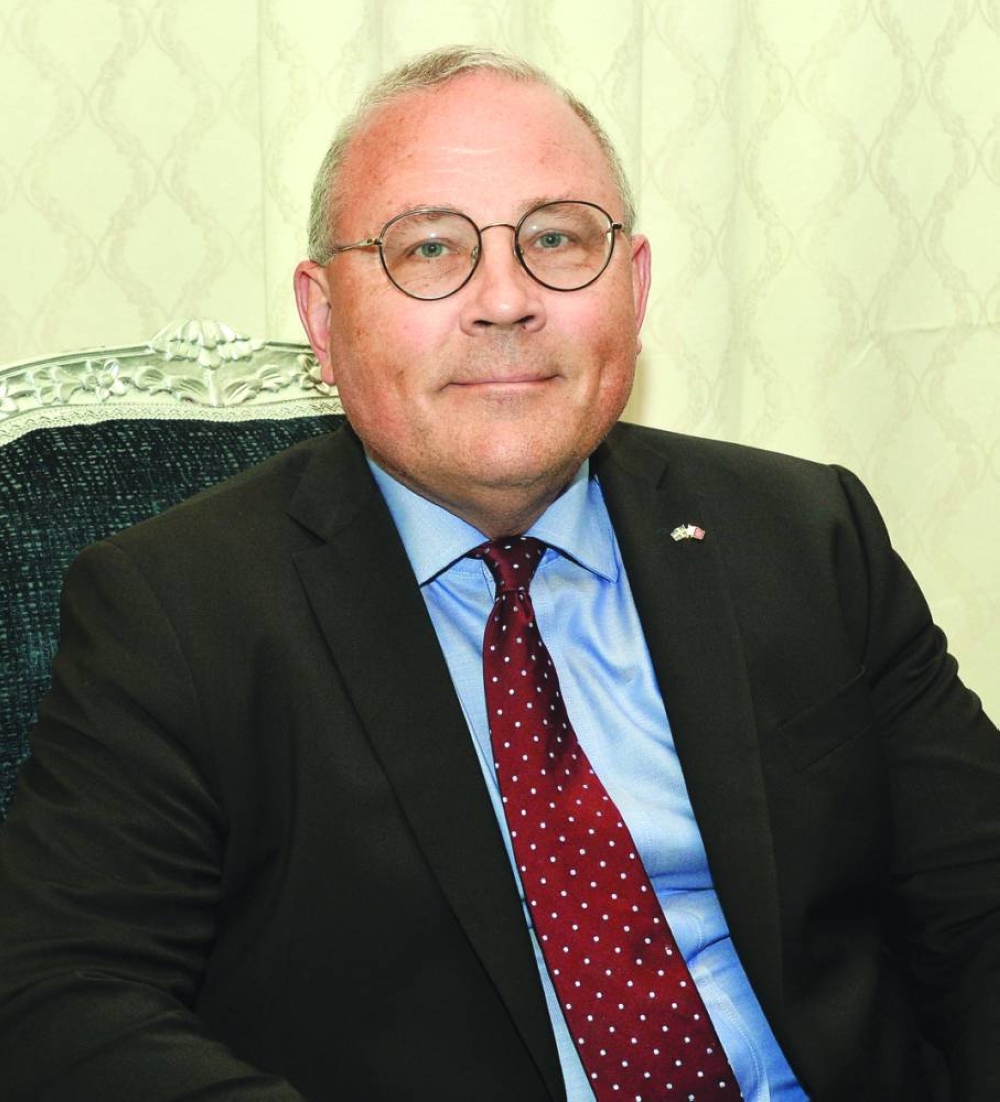Emerging technologies, particularly in areas such as artificial intelligence (AI), large language models (LLMs), and digitalisation, present significant opportunities for joint innovation projects between Qatar and Sweden. These collaborations align with the vision of both nations to develop knowledge-based economies.
Håkan Buskhe, the CEO of Swedish private holding company, FAM, emphasised how Sweden and Qatar, both being small export-driven economies, recognise the importance of continuous innovation to remain competitive globally.
"Because Sweden and Qatar are smaller nations, we must be innovative; we need to stay at the forefront of development and sustainability, particularly in AI and digitalisation, among many other specialised fields. Because when you cease to innovate, you risk being bypassed by others. The competitive landscape is significantly tougher now compared to just two years ago, or even a decade ago, for everyone."
"What I learned during our visit to Qatar is the mindset: Innovation is at the forefront of change for the better and is essential to providing good living standards for the people of the country. I believe this is the way forward to remain competitive over time. Both Qatar and Sweden rely heavily on exports, so it's crucial that we ensure that we are innovative in a sustainable way,” Bushke told Gulf Times in an exclusive interview.
Recently, Bushke led a high-level delegation of prominent Swedish companies to Qatar, including CEOs from IPCO Sweden, Munters Group, GreenIron, and Moving Floor, who engaged with high-level Qatari stakeholders.
Bushke noted that both countries could reinforce complementary strengths, particularly Qatar’s resources and Sweden’s technical expertise, to foster productive innovation partnerships.
Asked how Swedish companies could benefit from Qatar’s strategic location in the region and role in global trade, Bushke said: “Likely, we will see an increased presence of our companies in Qatar. Additionally, I believe this region is becoming more significant in terms of financial and economic development overall.
“Similarly, with substantial investments in research, life sciences, and other specialised areas, countries like Qatar are gaining significant interest. This includes a focus on digitalisation and smart city initiatives. Companies such as Ericsson and Saab, among others, have devoted considerable effort towards developing sustainable and digital cities.”
Bushke also highlighted the role that Swedish agriculture and food processing technologies could play in supporting Qatar's focus on food security and self-sufficiency. He noted that Swedish companies have developed a broad array of solutions to ensure that farm animals are well-cared for, which leads to "better products."
He said: “For example, we utilise AI in chicken breeding. This technology can identify, from thousands of other chickens, which ones are healthy or not, and pinpoint any other issues that need to be addressed.”
Bushke added: “At the same time, part of Qatar’s national security strategy is to be capable of producing its own food. Being overly dependent on external sources is something I would not recommend, given the current global climate and geopolitical tensions in various regions. Therefore, efficient and high-quality food production is crucial.”

Håkan Buskhe, CEO of Swedish private holding company, FAM. PICTURE: Shaji Kayamkulam

